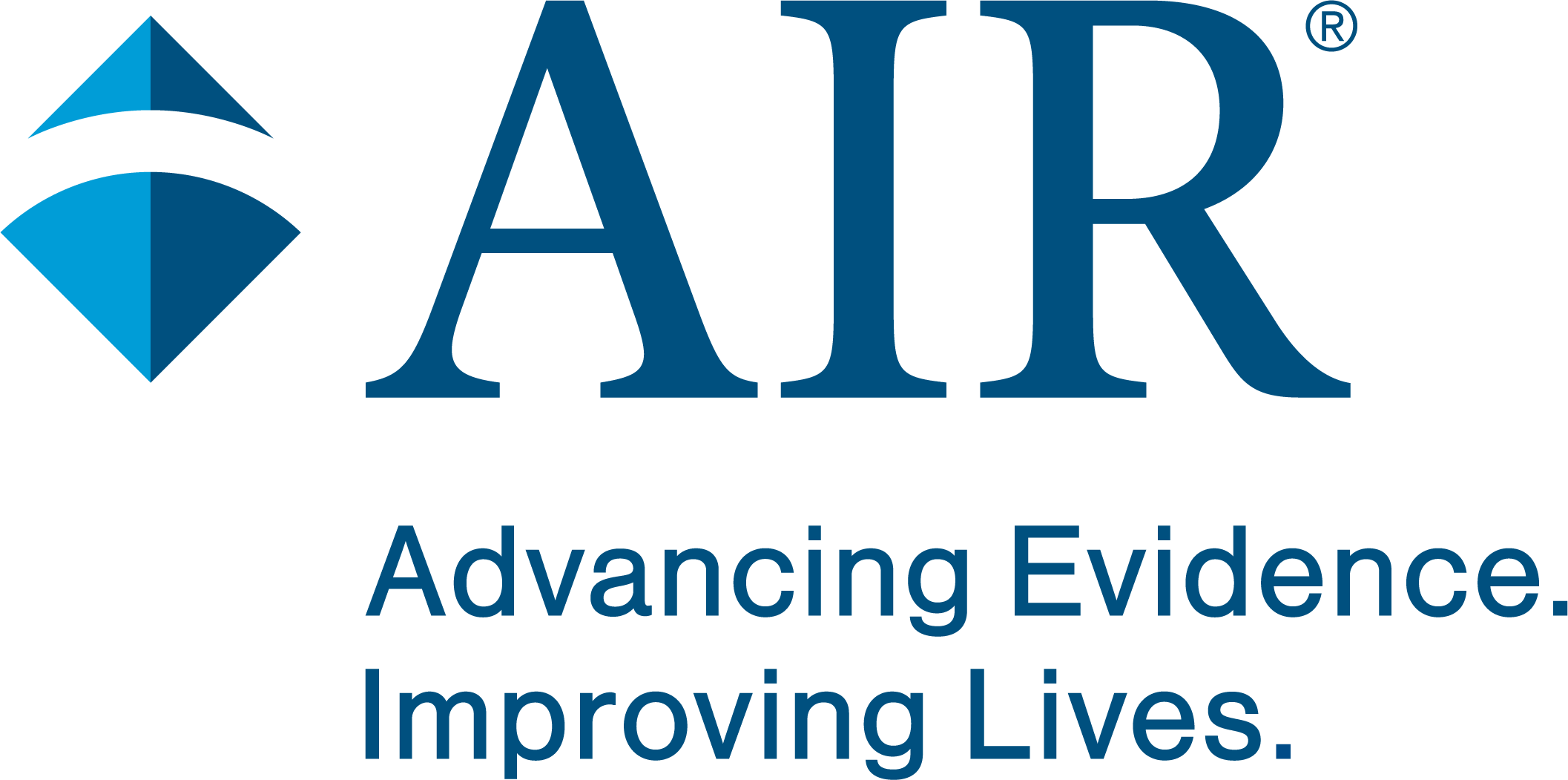New Research Highlights Increased Demands of the Principalship Due to Crises of 2020-2021
Second brief in Leaders We Need Now research series identifies new priorities and responsibilities for elementary school leaders and explains why more principals are feeling burned out.

December 15, 2021, Alexandria, Virginia—The National Association of Elementary School Principals (NAESP) and NAESP Foundation today released the second brief in the Leaders We Need Now (LWNN) research series titled Evolution of the Principalship: Leaders Explain How the Profession Is Changing Through a Most Difficult Year. The brief reveals that in 2020–2021, principals’ work priorities shifted in response to the new challenges caused by the pandemic, and principals took on new responsibilities such as community-wide crisis management and social media communications. The research findings highlight principal burnout and concerns about an increasing number of principals considering leaving the profession. The research has implications for the profession and the support school leaders will need going forward, including potentially reconfiguring the role and more specialization.
Utilizing the Professional Standards for Education Leaders (PSEL), researchers learned that certain priorities, such as engaging in frontline services (e.g., contact tracing, COVID-19 mitigation strategies, etc.) and providing social-emotional learning demanded more of principals’ time during this period, while other priorities, such as equity, cultural responsiveness, and school improvement, were put on the “backburner.” The research also illuminates how the pandemic and national reckoning with racial and social injustice issues layered new responsibilities and demands on principals that fundamentally changed their role.
“The last few years—marked by the COVID-19 pandemic and a national reckoning with racial and social injustice—have left an indelible imprint on schools and the principals who lead them,” says NAESP Executive Director L. Earl Franks, Ed.D., CAE. “This important research echoes what we’ve been hearing from our members from across the country for months: Principals don’t have the necessary training, capacity, nor support to handle these new priorities. This should be a wakeup call that more must be done to support principals to meet the day-to-day challenges in schools. Principal burnout is the culmination of years of increased demands and responsibilities on principals, asking them to do more with less. Principals have hit a breaking point. Without a change in course, this has the makings of a profession that could face severe shortages due to principals calling it quits. The warning signs are clear; we must address this crisis.”
The study, funded by The Joyce Foundation and conducted by the American Institutes for Research, consisted of 36 focus groups that met between April and June 2021. The groups were a geographically representative sample of NAESP membership, including 188 principals from 43 states.
The third and final brief in the series will detail the policy actions principals say are needed to address these new realities, help schools reset after the 2021–2022 school year, support students, and build better schools for the future.
To download the second brief in the series, Evolution of the Principalship, visit www.naesp.org/LWNN. You can also access the Leaders We Need Now executive summary and the first brief in the series, Leaders in the Tumult.
About NAESP
Establish![]() ed in 1921, the National Association of Elementary School Principals (NAESP) leads in the advocacy and support for elementary and middle-level principals in the United States and internationally. NAESP supports principals as the primary catalysts for creating lasting foundations for learning through policy and professional learning, advocacy, programs, and resources for effective instructional leadership.
ed in 1921, the National Association of Elementary School Principals (NAESP) leads in the advocacy and support for elementary and middle-level principals in the United States and internationally. NAESP supports principals as the primary catalysts for creating lasting foundations for learning through policy and professional learning, advocacy, programs, and resources for effective instructional leadership.

The NAESP Foundation, founded in 1982, is the tax-exempt, charitable arm of the National Association of Elementary School Principals and advances excellence, innovation, and equity in schools by endowing leadership and learning for principals for the benefit of all children. The NAESP Foundation takes an innovative approach to funding and partnerships, working cooperatively with businesses, universities, government agencies, and foundations to ensure that principals have the tools, resources and recognition they need to succeed. For more information about NAESP and the NAESP Foundation, please visit www.naesp.org.
About the American Institutes for Research (AIR)
 Established in 1946, the American Institutes for Research (AIR) is a nonpartisan, not-for-profit organization that conducts behavioral and social science research and delivers technical assistance both domestically and internationally in the areas of education, health and the workforce. AIR’s work is driven by its mission to generate and use rigorous evidence that contributes to a better, more equitable world. With headquarters in Arlington, Virginia, AIR has offices across the U.S. and abroad. For more information, visit www.air.org.
Established in 1946, the American Institutes for Research (AIR) is a nonpartisan, not-for-profit organization that conducts behavioral and social science research and delivers technical assistance both domestically and internationally in the areas of education, health and the workforce. AIR’s work is driven by its mission to generate and use rigorous evidence that contributes to a better, more equitable world. With headquarters in Arlington, Virginia, AIR has offices across the U.S. and abroad. For more information, visit www.air.org.
About The Joyce Foundation
 The Joyce Foundation is a nonpartisan private philanthropy that invests in public policies and strategies to advance racial equity and economic mobility for the next generation in the Great Lakes region. Joyce supports policy research, development, and advocacy in the six program areas: Culture, Democracy, Education and Economic Mobility, Environment, Gun Violence Prevention and Justice Reform, and Journalism. For more information about the Joyce Foundation, please visit www.joycefdn.org.
The Joyce Foundation is a nonpartisan private philanthropy that invests in public policies and strategies to advance racial equity and economic mobility for the next generation in the Great Lakes region. Joyce supports policy research, development, and advocacy in the six program areas: Culture, Democracy, Education and Economic Mobility, Environment, Gun Violence Prevention and Justice Reform, and Journalism. For more information about the Joyce Foundation, please visit www.joycefdn.org.




